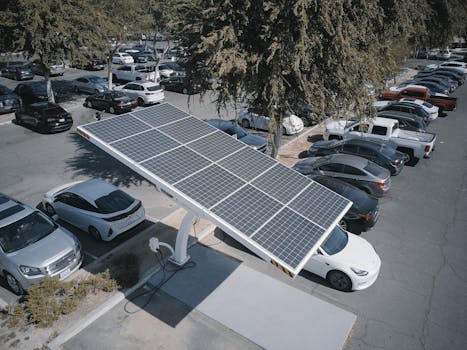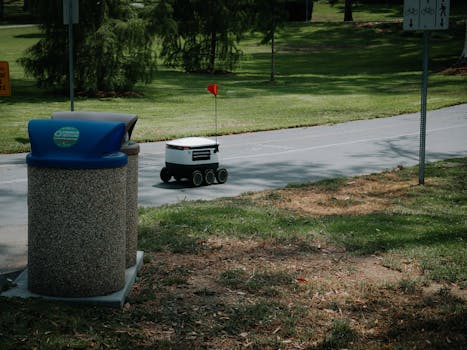
Smart Cities: Urban Trends for 2025
Introduction to Smart Cities

Smart Cities are urban areas that utilize advanced technology and innovative solutions to improve the quality of life for their citizens. With the increasing population and urbanization, cities are facing numerous challenges such as traffic congestion, pollution, and energy consumption. Smart cities aim to address these challenges by leveraging cutting-edge technologies like the Internet of Things (IoT), artificial intelligence (AI), and data analytics.
Key Features of Smart Cities

- Sustainable Energy: Smart cities focus on renewable energy sources like solar and wind power to reduce their carbon footprint.
- Intelligent Transportation Systems: Smart cities use advanced technologies like autonomous vehicles, smart traffic management, and intelligent public transportation systems to reduce congestion and pollution.
- Smart Buildings and Infrastructure: Smart cities use energy-efficient buildings, green architecture, and advanced materials to reduce energy consumption and waste.
- Waste Management and Recycling: Smart cities use advanced waste management systems, including recycling, composting, and waste-to-energy conversion, to minimize waste and reduce landfill usage.
- Public Safety and Security: Smart cities use advanced surveillance systems, emergency response systems, and data analytics to ensure public safety and security.
Urban Trends for 2025

In 2025, we can expect to see significant advancements in smart city technologies, including the increased adoption of AI, IoT, and data analytics. Some of the key trends that will shape the future of smart cities include:
- Increased Focus on Sustainability: Smart cities will prioritize sustainability, with a focus on reducing carbon emissions, energy consumption, and waste.
- More Emphasis on Citizen Engagement: Smart cities will engage citizens through mobile apps, social media, and other digital platforms to encourage participation and feedback.
- Growing Use of Autonomous Vehicles: Autonomous vehicles will become more prevalent in smart cities, reducing congestion, pollution, and accidents.
- Expansion of Smart Grids and Energy Storage: Smart cities will invest in smart grids and energy storage systems to optimize energy distribution, reduce energy waste, and promote renewable energy sources.
- Increased Investment in Cybersecurity: Smart cities will prioritize cybersecurity, with a focus on protecting critical infrastructure, data, and citizens from cyber threats.
Conclusion

Smart cities are the future of urban development, offering a sustainable, efficient, and livable environment for citizens. As we move towards 2025, we can expect to see significant advancements in smart city technologies, with a focus on sustainability, citizen engagement, and innovative solutions. By embracing these trends and technologies, cities can create a better future for their citizens and become models for sustainable urban development.





